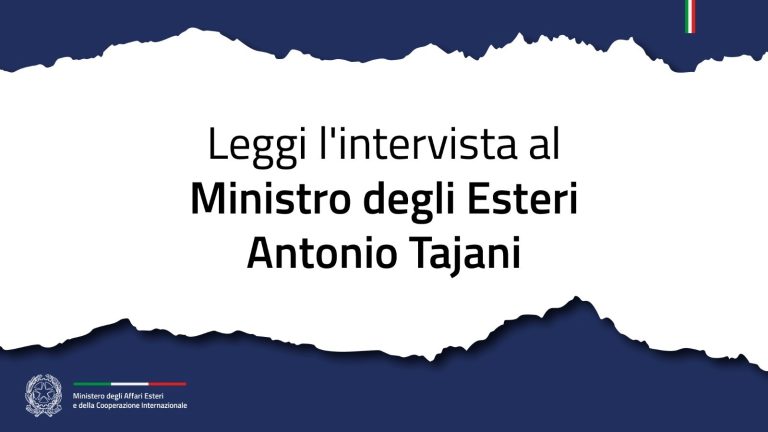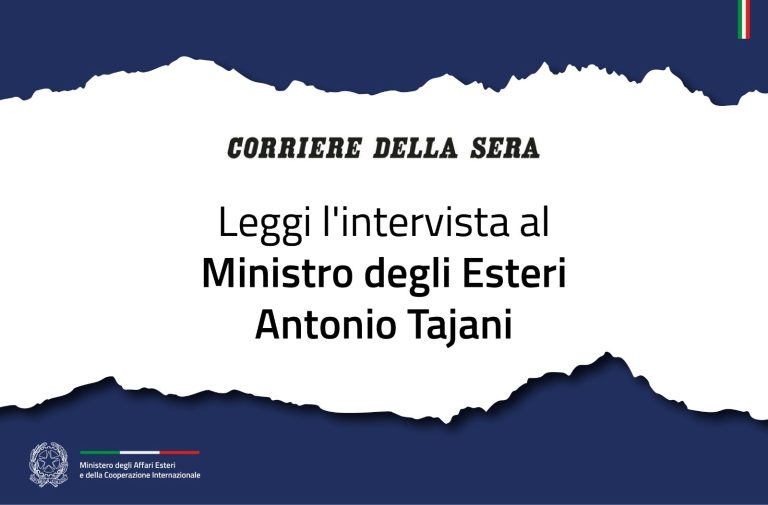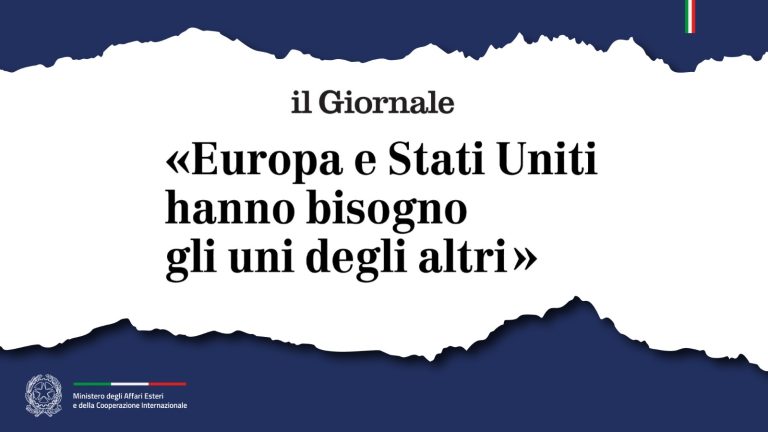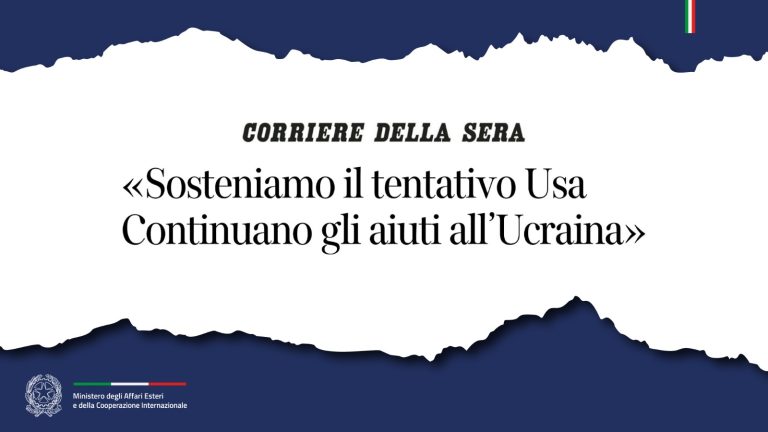“This election has strengthened the government and the centre-right coalition; the centre has done its part once again, as demonstrated by the decisive result of Forza Italia, which gained 2 points in Lazio and held on in Lombardy,” said Italian Deputy Prime Minister, Minister of Foreign Affairs and Forza Italia national coordinator Antonio Tajani, speaking both as a member of the Meloni executive and as second in command of Forza Italia.
What does the outcome of the last regional elections tell us?
“It tells us that Italians want stability and certainty, as well as a long-lasting government. I think this is a clear sign from the citizens. It is also a demonstration of the fact that we have worked well in these first months, and for this I must thank the voters who have rewarded us. The only downside of this result is the high level of abstentionism: from now on, we will need to do everything we can to combat it.”
What is the significance of FI in the coalition, now that FdI is doing so well and Lega Nord is holding its ground?
“You see, some hoped that our party would disappear, but your average moderate voter has shown that they vote for the centre, and FI represents the centre of a government opposite to the left. Whereas we lost votes at the political elections, now we have gained them back, which is why the Third Pole has lost. Calenda did not take even one vote away from us in Rome, which is their stronghold – in fact, we have grown by 2 percentage points compared to the political elections, reaching 8.5%. And we held our own in Lombardy, with 7.2%.”
Have those who predicted that Forza Italia would be cannibalised by a fast-growing FdI, if not by Lega Nord, let alone the Third Pole, been proved wrong?
“I believe that the voters have acknowledged that we have always been serious, loyal, credible and reliable. As members of government, we have worked without arguing or engaging in controversy – we have done nothing but support the executive. The voters have rewarded us, strengthening our role as a moderate force in the coalition, in which the centre is called upon to play a fundamental role.”
The Third Pole is targeting moderates in your own area. Why can it not steal consensus from you?
“We are in the era of the two-party system, of which Berlusconi is the pioneer. One chooses between centre-right and centre-left, there is no room for a third way, or for misunderstandings about where the centre lies. In short, those who still use the so-called ‘due forni’ opportunistic approach like the Third Pole do not appeal to moderate voters. If they have to choose between two forces of the centre, they prefer the one that is more consistent and the one that is in government.”
If the regional elections were, as you yourself said, a kind of vote of confidence in the government, how will things play out now that this latter has been strengthened?
“We will continue to do our utmost for the next few years, giving concrete answers to the needs of citizens. We have plenty of plans: on the domestic policy front, the next Council of Ministers’ meeting will focus on how to move forward with the NRRP; as far as foreign policy is concerned, we have many fronts to deal with, first and foremost the war in Ukraine.”
What are your next duties as Minister of Foreign Affairs?
“I will be attending the Munich Security Conference next weekend and then the Special Session of the UN General Assembly on Ukraine in New York, which opens on 22 February. Italy is still playing a leading role. We want to lead in foreign policy and at the same time foster growth, also through the internationalisation of our companies.”
Regarding the conflict in Ukraine, there was some doubt about the government’s line and much controversy after Berlusconi’s latest statements, which were critical of Ukrainian Prime Minister Zelensky.
“The line of the government and FI is clear. Facts and the votes we have cast are all that counts. Berlusconi is a man of peace and has never changed his or FI’s political line, which has always been opposed to the invasion of Ukraine and for aid to the government in Kiev, both in Italy and in Europe. Our party is always on the same side: that of Europe and NATO.”
Yet peace seems nowhere near.
“It is difficult to achieve peace, because there can be no peace without justice, only Ukraine’s surrender. Italy is not at war with Russia but defends Ukraine’s independence and its capacity for self-determination. In order to start building peace, we have put forward two proposals: to create a ‘free zone’ around the Zaporizhzhia nuclear power plant and to strengthen the so-called ‘green corridors’, to allow for the export of wheat and other agri-food products from Ukraine and help the economy of this attacked country.”





